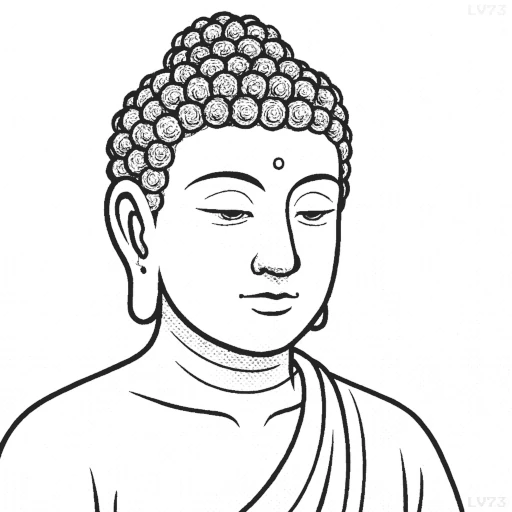“What we think, we become.”

- 7th century BC to 5th century BC
- Indian
- Religious leader, thinker
table of contents
Quote
“What we think, we become.”
Explanation
This quote underscores the profound influence of thoughts on identity and experience. It suggests that our thoughts are not just fleeting ideas, but powerful forces that shape our actions, beliefs, and even the way we perceive ourselves and the world. If we consistently think in a positive, compassionate, and focused way, we begin to embody those qualities in our behavior and interactions. Conversely, negative or self-limiting thoughts can hinder personal growth and lead to a cycle of destructive behaviors and mindsets.
In modern life, this message serves as a powerful reminder of the importance of mindset in shaping our reality. For example, someone who believes in their potential and focuses on growth is more likely to take actions that align with their goals and aspirations, leading to greater success and well-being. On the other hand, someone who constantly entertains negative or self-doubting thoughts may find it harder to move forward or achieve their full potential.
Historically, Buddha’s teachings emphasized the connection between thought and suffering. He taught that the mind, when uncontrolled, leads to suffering, but when cultivated through right thought and mindfulness, it leads to wisdom and peace. According to Buddha, by transforming our thoughts—through practices like meditation and self-reflection—we can transform our lives and ultimately reach enlightenment. By consciously shaping our thoughts, we have the power to become the person we seek to be.
Would you like to share your impressions or related stories about this quote in the comments section?
